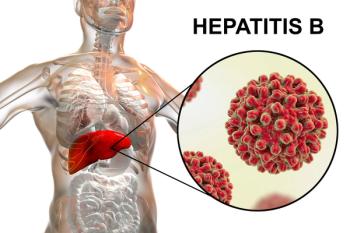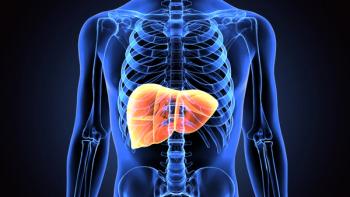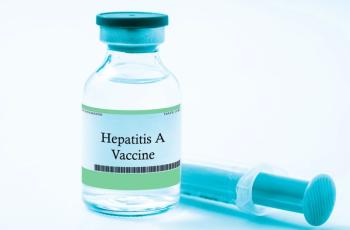
Hepatitis B Vaccination Efforts in Africa Are Flagging
Vaccinations at birth are particularly low, according to a report in Morbidity and Mortality Weekly Report. Models suggest that more than 500,000 hepatitis B-related deaths would be averted if some key vaccination goals were met.
African countries are lagging behind hepatitis B vaccination goals that would eliminate mother-to-child transmission and in the process go a long ways toward reducing chronic hepatitis B tranmission, according to a report today in the Centers for Disease Control and Prevention’s Morbidity and Mortality Weekly Report (MMWR). The authors attribute some of the shortfall to disruption of the COVID-19 pandemic.
Hepatitis B disproportionately affects the 47 countries in the World Health Organization’s African region, the report notes. In 2019, approximately 1.5 people were affected by new chronic hepatitis B infections worldwide and about 990,000, or two-thirds, were in the 47 countries in the organization’s African region, which encompasses sub-Saharan Africa.
The World Health Organization (WHO) recommends that all newborns receive a dose of hepatitis B vaccine within 24 hours of birth, which is referred to as the “birth dose,” and then two to three does during the first year of life.
Lead author Hyacinte J. Kabore, D.D.S., of the Vaccine-Preventable Disease Unit of the World Health Organization’s regional office for Africa in Brazzaville, Republic of the Congo, and colleagues reported that in 20 (43%) of the countries in the WHO’s African region had hepatitis vaccination efforts in 2018 that resultedin 90% or more infants receiving three doses of the hepatitis B vaccine. By 2021, that number had slipped to 16, or 34% of countries in the African region.
The numbers for vaccination at birth are quite a bit lower. according to the report. Just 14 (30%) of the countries in the African region had introduced programs to administer a birth dose of hepatitis B vaccine, and only two (they weren’t named) had achieved coverage of 90% or greater. The authors’ calculations show that almost 33 million newborns in the African region did not receive timely birth doses of the hepatitis B vaccine in 2021. Kabore and colleagues say that predictive modeling shows that maintaining current infant vaccination and increasing birth dosing to 90% or greater in all countries in the African region would avert 554,318 hepatitis B-related death among those in the 2020-2030 birth cohort.
Seroprevlance surveys of young children have been done in eight (17%) of the countries in the African region, according to Kabore and colleagues. They have shown a range, from 0.7% in Mauritania to 4.5% in Nigeria. The known figures have been modeled and suggest that the seroprevalence is 2.5% in the African region among children ages 5 and younger, which works out to be about 43 million infected children, or almost 70% of infected children worldwide.
Kabore and colleagues report that Burkina Faso and Uganda made birth doses of hepatitis B part of their immunization schedules last year and 13 more plans to do so by 2025. But to reach the goal of 35 countries by 2025 would require six to seven countries to introduce hepatitis B birth doses each year, they noted.
Newsletter
Get the latest industry news, event updates, and more from Managed healthcare Executive.

























